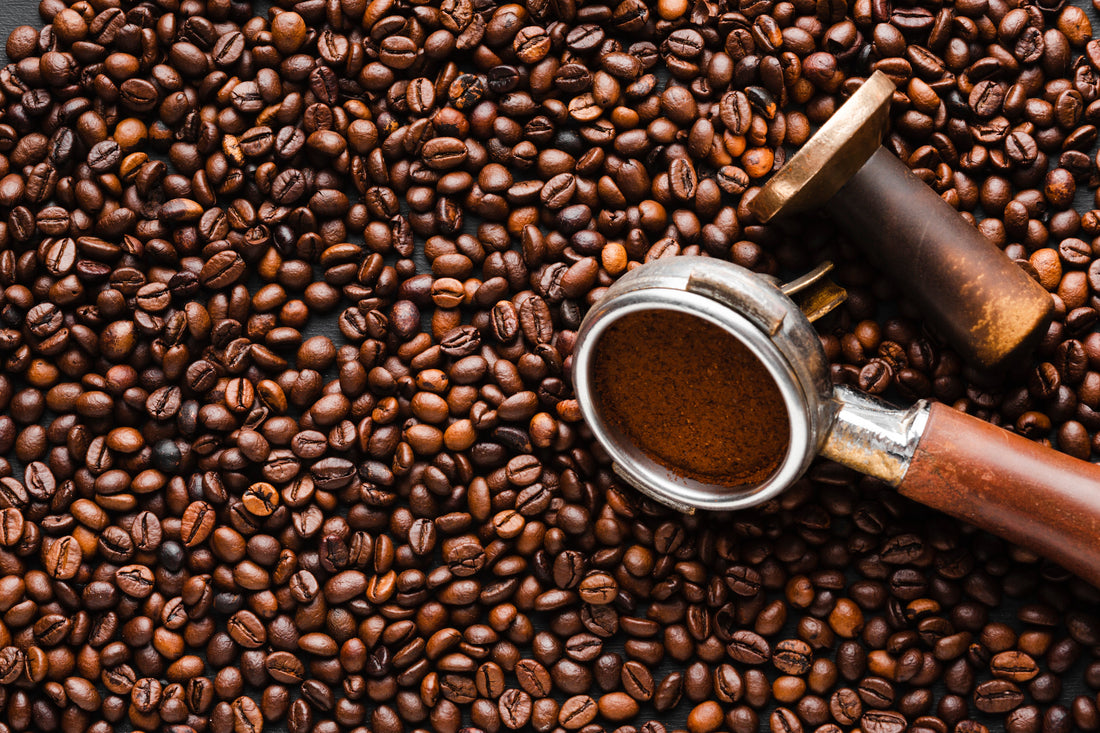Over the past year, decaf coffee has seen a remarkable rise in popularity. In the UK, there’s been a 45% surge in decaf coffee sales, with around 1 in 5 coffee drinkers now opting for decaf.
So, what’s driving the change?
More people especially younger generations are focusing more on their health and wellbeing.
But while decaf is growing in popularity, there’s still a fair bit of confusion about how it’s actually made. In fact, over a third of coffee drinkers express concerns about the process used to remove caffeine from the beans.
Let’s break it down: How is decaf coffee made?
It all starts with harvested green coffee beans. These beans are sent to specialist decaffeination facilities, where the caffeine is removed before they reach roasters like us. There are several methods to do this, some better than others when it comes to taste and transparency.
1. Solvent-Based (Methylene Chloride)
This method uses a chemical solvent, usually methylene chloride—to extract caffeine. The beans are steamed, rinsed with the solvent, then dried.
It’s a commonly used process, especially by big coffee brands, but it can strip away flavour. There are also health concerns associated with methylene chloride and it’s rarely disclosed on packaging.
2. Sugar Cane / Ethyl Acetate
This naturally derived method uses ethyl acetate, a compound found in fruit and sugar cane, to gently remove caffeine. It’s a more selective and flavour-preserving process than chemical solvents.
This is the method we use at Maison Dieu, because it strikes the ideal balance between preserving flavour and using a more natural approach.
3. Swiss Water Process
A completely chemical-free method that uses water and osmosis to extract caffeine. It’s known for retaining the coffee’s original character and is often seen as the gold standard for clean decaf. This process protects the coffee’s natural oils and is a favourite among specialty coffee lovers.
4. Carbon Dioxide (CO₂) Method
This method uses pressurised CO₂ to draw caffeine out of the beans. It’s efficient and solvent-free, but less common due to the complex equipment required.
As decaf becomes a more conscious choice for many, it’s worth knowing what’s in your cup and how it got there. At Maison Dieu, we’re committed to crafting decaf that tastes just as good as our regular roasts, without compromising on flavour or process. We believe that decaf should never feel like a second choice.

